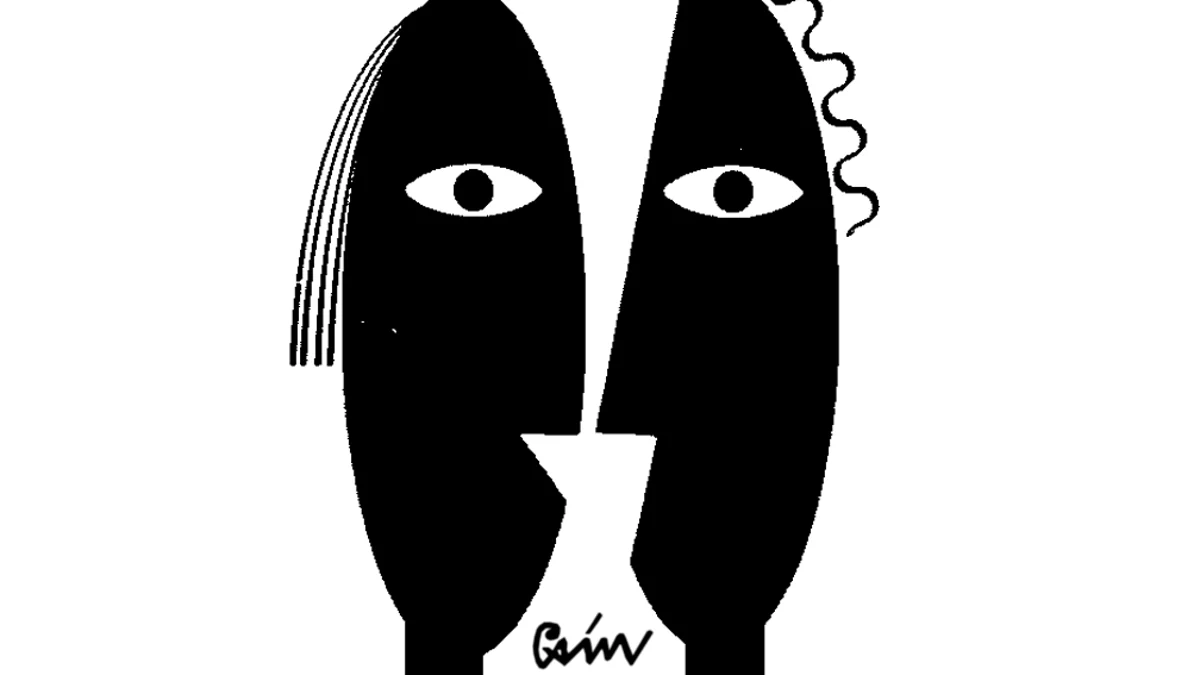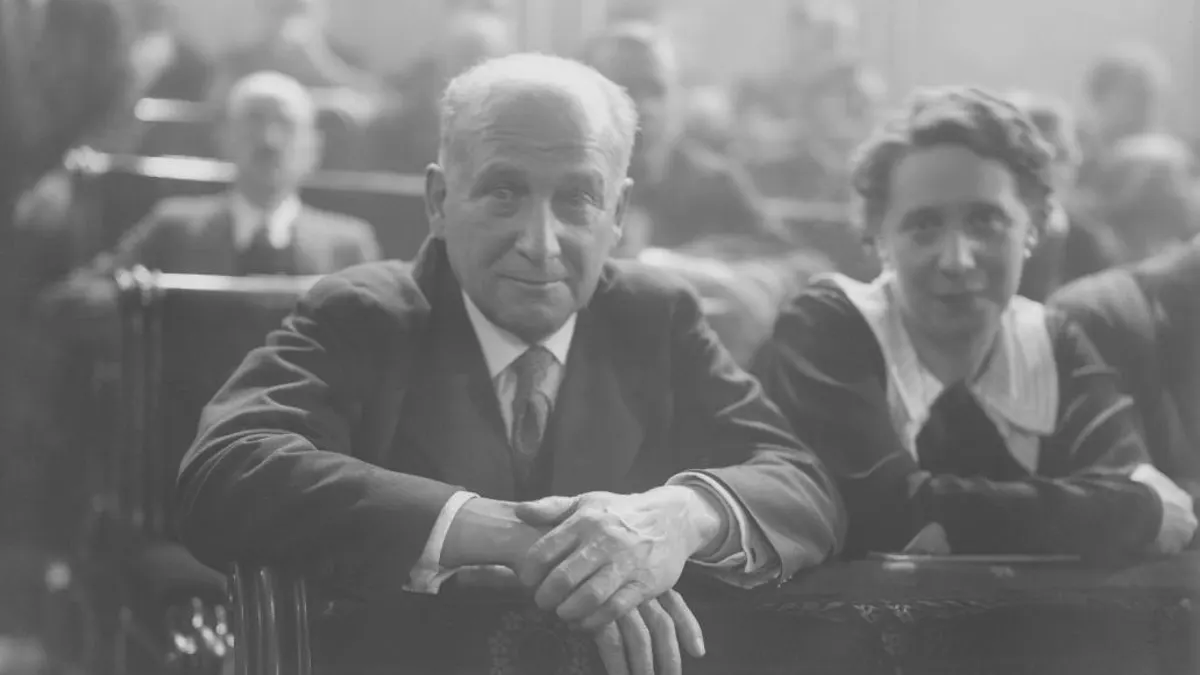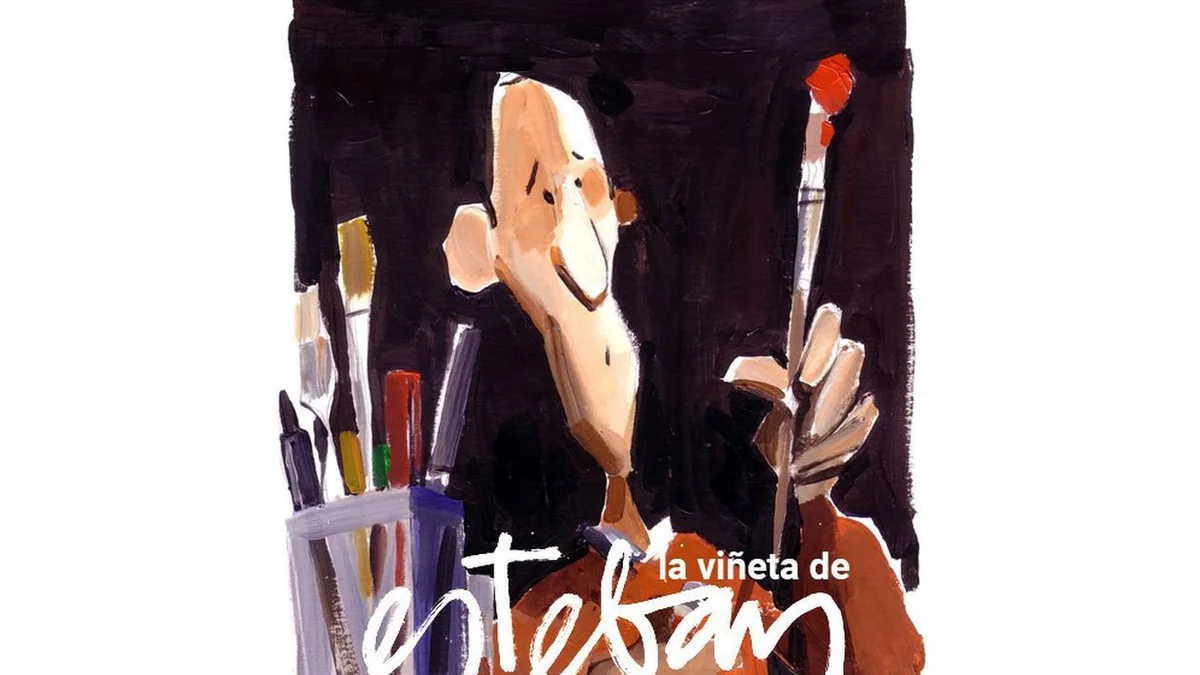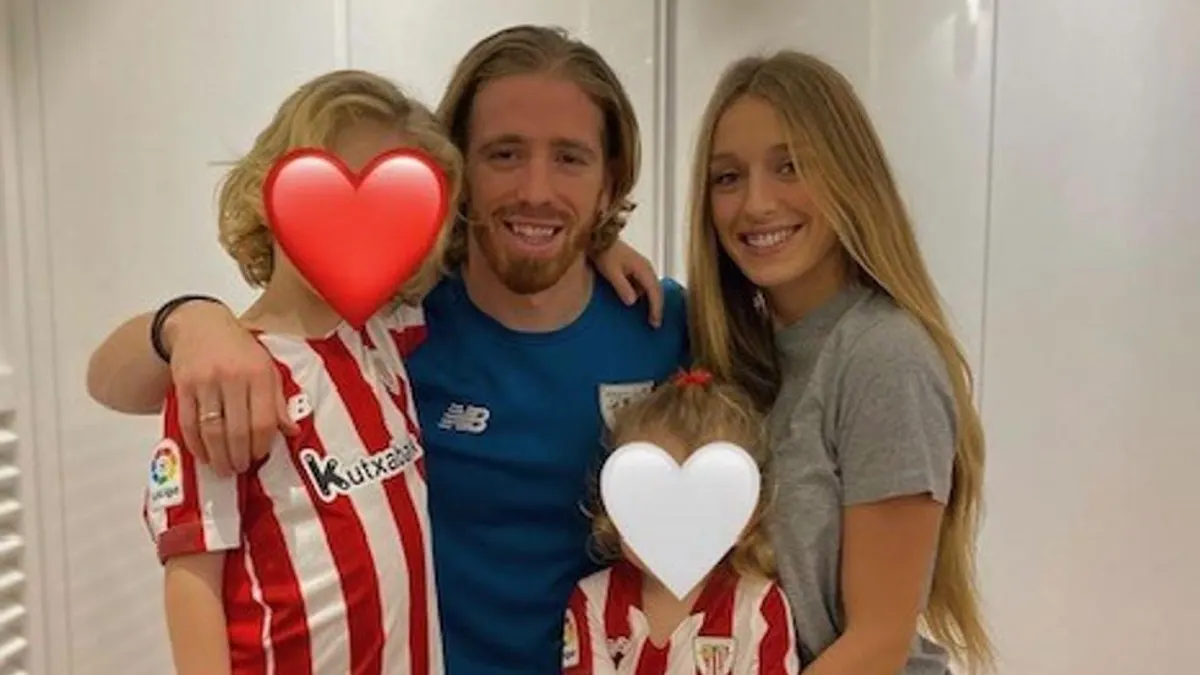The article “Jewish organizers explain significance of Shabbat service” (May 6) by Ahmed Ali Akbar encapsulates the beautiful and affirming experience of Jewish students in Gaza solidarity encampments. As an anti-Zionist Jewish Northwestern University student, I did not have a space on campus to comfortably practice my faith — or, as one interviewee in the article put it, a “religious home” — until April of my third year on campus. When that space was finally created through the Gaza solidarity encampment, I felt seen, relieved and overjoyed.
Growing up, my parents enabled me to explore activism and education through a Jewish lens. The Jewish tradition encourages us to question the status quo and call out oppression in all its forms. These Jewish teachings, coupled with my family history of being displaced through the Eastern European pogroms, led me to my anti-Zionist beliefs. I questioned the status quo — the unwavering support of Israel by Jewish Americans. I witnessed oppression — the displacement of millions of Palestinians and the killing of 34,000 more since October. I recognized the glaring parallel between the forced displacement of my great-grandparents in 1930s Latvia and Poland, with their Jewish identity used as justification, and the murder and displacement of Palestinians today, their ethnicity used as justification.
Much like the Jewish University of Chicago students Akbar interviewed, I felt more connected to my faith than I had in years at the encampment. I led a Seder with two other NU Jewish Voice for Peace members, during which we had the opportunity to teach hundreds of people about a holiday that holds great importance for us and our faith. Usually, Seders end with participants saying, “Next year in Jerusalem.” We amended this to say, “Next year in a peaceful and free Jerusalem.”
Similar to the multicultural space Akbar describes at the University of Chicago, we celebrated the diversity and cross-culture solidarity of the encampment by wrapping the afikomen in a keffiyeh rather than the typical napkin and placing a Palestinian flag next to the Seder candles.
The NU liberated zone supported me not despite my Jewish faith but because of it, much like I supported the zone not despite my faith but because of it. I am incredibly thankful to Akbar and other journalists publishing similar reporting for highlighting the radically affirming experiences of Jewish students in university encampments in a media landscape saturated with the opposing point of view — one that claims calling a genocide by its name is antisemitic, despite the deep-rooted tradition of the Jewish people fighting and fleeing genocide ourselves.
— Paz Baum, Evanston
Encampment empowered me
I want to thank Ahmed Ali Akbar and the Chicago Tribune for the reporting on the University of Chicago encampment in support of a cease-fire and divestment from Israel. Specifically, as a Jewish student who was part of Northwestern University’s encampment, I think it is incredibly important to highlight these stories of Jewish life existing in the encampments while we fight for justice informed by the lessons of our faith.
Many people try to shift the focus off of the ongoing genocide in the Gaza strip by claiming that these encampments and criticisms of Israel are antisemitic, and they insult us by saying that those of us who stand for justice alongside people of different races and religions are fake Jews or traitors.
However, the encampment I took part in was the most meaningful experience I’ve ever had as a Jew. I feel reinvigorated in my faith, especially after spending Passover, having a Seder and observing Shabbat and Havdalah at the encampment, and so on. I don’t think I’ve ever felt more proud to be Jewish as I have been openly celebrating my faith in this community committed to the idea that “never again” means “never again for anyone.”
The article also captures the solidarity — not just coexistence but real, tangible community built by students of different backgrounds while under attack from supporters of an apartheid state that dictates this is impossible. We ate, learned from, supported and helped each other survive and stay safe. The only people who challenged my ability to practice Judaism or made me unsafe were Zionist counterprotesters. When they left, it was Muslim and Jewish students who cared for one another and lived together “in the tents.”
In my life, I have not had a more supportive, justice-oriented and empowering place to be Jewish. As a Tribune reader and anti-Zionist Jew, I’d love to see more articles from Akbar and other writers willing to tell these stories.
— Dan Murrieta, Evanston
Enforce rules even-handedly
In his op-ed “Here’s why I reached an agreement with Northwestern protesters” (May 10), Northwestern University President Michael Schill writes that colleges “are between a rock and a hard place when it comes to the wave of protests and tent encampments on our campuses.” But Schill is only between a rock and a hard place because he put himself there. He makes the simple complicated.
The protesters have no right to set up tents and take over common space. If a group of pro-Israel advocates did so, they’d rightly be ousted without negotiation. The school should be viewpoint-neutral, meaning whether your cause is the climate, animal rights or housing, it’s not your space to monopolize or colonize.
The school simply needs to enforce its rules even-handedly. But instead, Schill set a precedent that any and every group should set up an encampment until their demands are met. As an educator, he taught the wrong lesson that you can get what you want if you just yell loud enough and break the rules.
— Jean Cassidy, Northwestern Class of 1979, Oak Park
A fair and peaceful solution
As a Jewish alumnus of Northwestern University, I am very proud of the way Northwestern University President Michael Schill handled the recent protests and encampment on the grounds of the Evanston campus. Reaching a swift, fair and peaceful resolution was far more desirable than the violent and forceful confrontations seen at other campuses around the country.
Schill should be commended and praised for the process he and the administration used, and for the solutions put forth to de-escalate the situation. It is an outstanding real-world example and lesson on balancing free-speech rights and maintaining peace and safety on campus and in the community.
— Allen Adelman, Evanston
Troubling support for Hamas
Although I support the Palestinian cause 100%, I am disturbed by the progressive left’s unquestioning embrace of religious fundamentalist theocrats as “allies” against Western imperialism, as long as they’re of color (and not Christian).
Hamas, like many of today’s Islamic “liberation” movements, is fundamentally a fanatical right-wing outfit that would impose a repressive theocracy when/if it wins. And, as Josef Stalin and Mao Zedong, among others, have shown us all too clearly, putative “revolutionaries” who are capable of amoral ruthlessness and brutality on the way to power will remain capable of the same things once they’re in power.
It’s long past time for progressives, anti-imperialists and other folks with good ideas and good intentions to abandon “the enemy of our enemy is our friend” in favor of a more nuanced, honest and truly forward-looking (and, yes, more challenging and difficult) way of thinking.
— David G. Whiteis, Chicago
Muslims have condemned Hamas
Judy Smiley’s May 9 letter (“Moderate Muslim voices”) raises questions about the knowledge of the history of Palestine and Israel to the average American.
Since the Oct. 7 attack by Hamas, there have been consistent Muslim voices condemning Hamas’ barbaric acts. Muslims, like moderate Jews and moderate Christians, have asked for equal justice for the Palestinian people who are living in an apartheid state in the West Bank and Gaza.
Biased media and vested groups have been highlighting only the acts of Hamas. Still, no one dares speak against the illegal occupation, the brutal and horrendous act of state terrorism that has killed at least 35,000 Palestinians, most of them women and children.
One’s freedom fighter is the other’s terrorist. A recent example is Nelson Mandela, who was labeled by our president and the British prime minister at the time as a terrorist.
— Sami Uddin, Bolingbrook
Submit a letter, of no more than 400 words, to the editor here or email letters@chicagotribune.com.






























